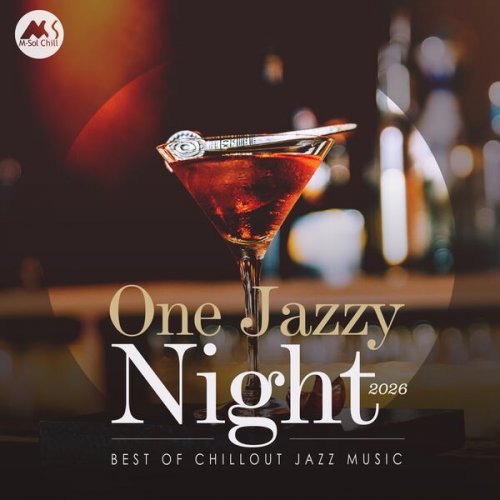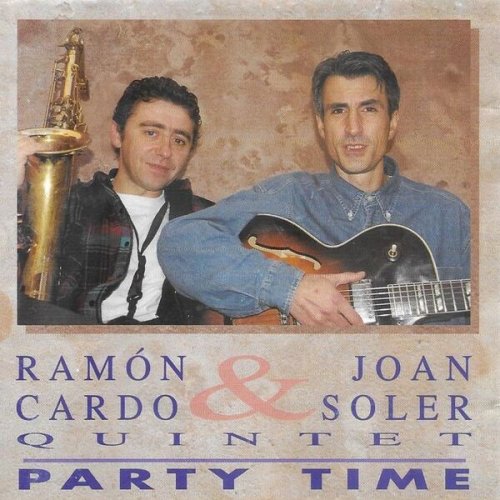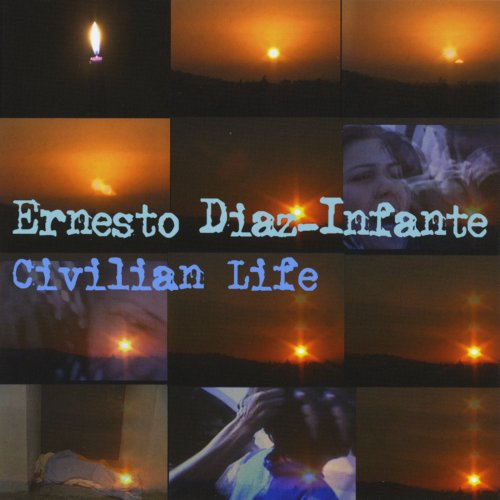Wes Montgomery - Back on Indiana Avenue: The Carroll DeCamp Recordings (2019) [CD-Rip]
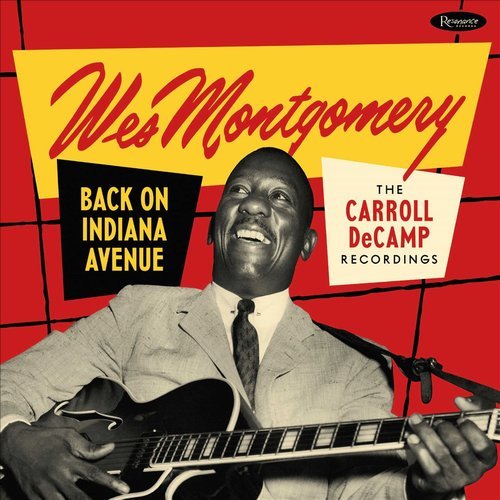
Artist: Wes Montgomery
Title: Back on Indiana Avenue: The Carroll DeCamp Recordings
Year Of Release: 2019
Label: Resonance Records
Genre: Jazz
Quality: FLAC (tracks + .cue, log, booklet)
Total Time: 2:11:11
Total Size: 661 MB
WebSite: Album Preview
Tracklist:Title: Back on Indiana Avenue: The Carroll DeCamp Recordings
Year Of Release: 2019
Label: Resonance Records
Genre: Jazz
Quality: FLAC (tracks + .cue, log, booklet)
Total Time: 2:11:11
Total Size: 661 MB
WebSite: Album Preview
CD1
01. Four on Six (4:48)
02. Mr. Walker (3:47)
03. 'Round Midnight (7:14)
04. So What (4:58)
05. The End of a Love Affair (4:28)
06. Tune-Up (4:36)
07. West Coast Blues (3:16)
08. Jingles (8:21)
09. It's You or No One (4:32)
10. Nothing Ever Changes My Love for You (5:58)
11. Ecaroh (3:52)
12. Sandu (4:29)
13. Whisper Not (6:46)
CD2
01. Stompin' at the Savoy (7:29)
02. It's You or No One (alternate version) (9:24)
03. Opus de Funk (6:55)
04. Summertime (9:41)
05. Between the Devil and the Deep Blue Sea (4:54)
06. Easy Living (5:51)
07. Four (5:38)
08. I'll Remember April (5:25)
09. The Song Is You (8:49)
Los Angeles, Calif.—Resonance Records, the leading outlet for high-quality, previously unissued archival jazz releases, delves deeper into the early, unheard work of the innovative and influential guitarist Wes Montgomery with its April 13 (LP) and April 19 (CD) release, Back on Indiana Avenue: The Carroll DeCamp Recordings.
Maintaining its tradition of support for independent retailers, the label will initially issue the set — its sixth devoted to unreleased official Montgomery performances — as an exclusive limited edition 180-gram two-LP set on Record Store Day, the annual independent record store event. The vinyl edition is mastered by Bernie Grundman at Bernie Grundman Mastering in Hollywood and pressed at Record Technology, Inc. (RTI). Deluxe two-CD and digital configurations will be available April 19.
All iterations of the collection will include essays by jazz scholar Lewis Porter and Resonance co-president and producer Zev Feldman; plus interviews with master jazz guitarists George Benson and John Scofield; saxophonist, educator, and publisher Jamey Aebersold; and guitarist Royce Campbell, nephew of Carroll DeCamp, the late Indiana musician and arranger who captured the revelatory music heard on the new album.
Wes Montgomery
Photo by Duncan Schiedt (Duncan P. Schiedt Photograph Collection, Archives Center, National Museum of American History, Smithsonian Institution)
Resonance’s most recent releases devoted to Montgomery have garnered widespread acclaim. Both 2018’s Wes Montgomery in Paris, a set of 1965 concert recordings from France’s Office of French Radio and Television archives, and 2017’s Smokin’ in Seattle, drawn from 1966 radio dates by the guitarist with pianist Wynton Kelly’s combo, were named among the top archival releases of the year by DownBeat, JazzTimes, and NPR Music’s Jazz Critics Poll.
Like Echoes of Indiana Avenue (2012), In the Beginning (2015), and the live One Night in Indy (2016), Back on Indiana Avenue surveys the music Montgomery made in his hometown during the years before he rocketed to fame after signing with Riverside Records in 1959.
Feldman – known in the industry as “the Jazz Detective” for his ability to ferret out previously unheard music — says, “In many ways, this is another case of Resonance solving a mystery. When we released Echoes of Indiana Avenue, we didn’t know the story of where the tapes had come from, but now with Back on Indiana Avenue we know they came from the great composer/pianist Carroll DeCamp. This release is another ‘holy grail’ find for Wes Montgomery fans.”
In his essay, historian Porter says the provenance of the material on that first Resonance collection became evident after he struck up a friendship with DeCamp, a noted arranger and musician who had been based in Indianapolis for many years. At Porter’s suggestion, DeCamp’s protégé Brook Reindollar contacted Feldman about this precious store of buried recordings — some cut by Montgomery in a studio, some captured informally in “live” settings by DeCamp.
“Eventually,” Porter writes, “with the help of our mutual friend Jamey Aebersold, we tracked down Carroll’s cache of unissued Wes Montgomery recordings — almost three hours worth! You’ve heard some on Echoes of Indiana Avenue, but we did not know that those tapes came from DeCamp’s collection. This album rectifies that situation by giving Carroll full credit. Even better, it gives you and the world two more excellent hours of never-heard Wes!”
On the DeCamp recordings, Montgomery is heard in full flight in a variety of settings — piano quartets, organ trios, sextets, and drummer-less Nat “King” Cole-style trios. Though DeCamp made no notes on the personnel, dedicated research and listening by Porter and the late musician and educator David Baker suggests that the players included such close associates as Montgomery’s brother Buddy, the guitarist’s longtime organist Melvin Rhyne, pianist John Bunch, and even the legendary Indianapolis-born pianist Carl Perkins just to name a few.
The 22 selections on Back on Indiana Avenue include embryonic versions of several of the numbers Montgomery would record at his early sessions for Riverside, including “Round Midnight,” “Jingles,” “Whisper Not,” “The End of a Love Affair,” “Ecaroh,” “West Coast Blues,” “Four On Six,” “Mister Walker,” “Tune-Up,” and “Sandu.”
Feldman says, “These are very exciting recordings that Resonance is honored to present in conjunction with the Montgomery Estate. To be able to contribute to a large part of the legacy of such an iconic artist as Wes — with even more newly-discovered, great music — is very special. Unearthing not just run of the mill recordings, but some really great material from one of the guitar’s most distinctive voices, is a momentous event. Stuff like this just doesn’t pop up every day.”
Some 60 years after the music on Back on Indiana Avenue was recorded, Wes Montgomery still inspires awe in the distinguished guitarists who followed him.
As John Scofield notes in his interview, “He was the main man back then in the ’60s, so everybody knew about him. If you were a kid and wanted to learn about jazz guitar, he was at the top of the list.”
Recalling the moment in 1961 that he heard Montgomery for the first time, playing “While We’re Young” on the radio of his 1952 Dodge, his great disciple George Benson recalls, “I had to pull over to the side because I’d never heard this great a tone in all my life.”
Maintaining its tradition of support for independent retailers, the label will initially issue the set — its sixth devoted to unreleased official Montgomery performances — as an exclusive limited edition 180-gram two-LP set on Record Store Day, the annual independent record store event. The vinyl edition is mastered by Bernie Grundman at Bernie Grundman Mastering in Hollywood and pressed at Record Technology, Inc. (RTI). Deluxe two-CD and digital configurations will be available April 19.
All iterations of the collection will include essays by jazz scholar Lewis Porter and Resonance co-president and producer Zev Feldman; plus interviews with master jazz guitarists George Benson and John Scofield; saxophonist, educator, and publisher Jamey Aebersold; and guitarist Royce Campbell, nephew of Carroll DeCamp, the late Indiana musician and arranger who captured the revelatory music heard on the new album.
Wes Montgomery
Photo by Duncan Schiedt (Duncan P. Schiedt Photograph Collection, Archives Center, National Museum of American History, Smithsonian Institution)
Resonance’s most recent releases devoted to Montgomery have garnered widespread acclaim. Both 2018’s Wes Montgomery in Paris, a set of 1965 concert recordings from France’s Office of French Radio and Television archives, and 2017’s Smokin’ in Seattle, drawn from 1966 radio dates by the guitarist with pianist Wynton Kelly’s combo, were named among the top archival releases of the year by DownBeat, JazzTimes, and NPR Music’s Jazz Critics Poll.
Like Echoes of Indiana Avenue (2012), In the Beginning (2015), and the live One Night in Indy (2016), Back on Indiana Avenue surveys the music Montgomery made in his hometown during the years before he rocketed to fame after signing with Riverside Records in 1959.
Feldman – known in the industry as “the Jazz Detective” for his ability to ferret out previously unheard music — says, “In many ways, this is another case of Resonance solving a mystery. When we released Echoes of Indiana Avenue, we didn’t know the story of where the tapes had come from, but now with Back on Indiana Avenue we know they came from the great composer/pianist Carroll DeCamp. This release is another ‘holy grail’ find for Wes Montgomery fans.”
In his essay, historian Porter says the provenance of the material on that first Resonance collection became evident after he struck up a friendship with DeCamp, a noted arranger and musician who had been based in Indianapolis for many years. At Porter’s suggestion, DeCamp’s protégé Brook Reindollar contacted Feldman about this precious store of buried recordings — some cut by Montgomery in a studio, some captured informally in “live” settings by DeCamp.
“Eventually,” Porter writes, “with the help of our mutual friend Jamey Aebersold, we tracked down Carroll’s cache of unissued Wes Montgomery recordings — almost three hours worth! You’ve heard some on Echoes of Indiana Avenue, but we did not know that those tapes came from DeCamp’s collection. This album rectifies that situation by giving Carroll full credit. Even better, it gives you and the world two more excellent hours of never-heard Wes!”
On the DeCamp recordings, Montgomery is heard in full flight in a variety of settings — piano quartets, organ trios, sextets, and drummer-less Nat “King” Cole-style trios. Though DeCamp made no notes on the personnel, dedicated research and listening by Porter and the late musician and educator David Baker suggests that the players included such close associates as Montgomery’s brother Buddy, the guitarist’s longtime organist Melvin Rhyne, pianist John Bunch, and even the legendary Indianapolis-born pianist Carl Perkins just to name a few.
The 22 selections on Back on Indiana Avenue include embryonic versions of several of the numbers Montgomery would record at his early sessions for Riverside, including “Round Midnight,” “Jingles,” “Whisper Not,” “The End of a Love Affair,” “Ecaroh,” “West Coast Blues,” “Four On Six,” “Mister Walker,” “Tune-Up,” and “Sandu.”
Feldman says, “These are very exciting recordings that Resonance is honored to present in conjunction with the Montgomery Estate. To be able to contribute to a large part of the legacy of such an iconic artist as Wes — with even more newly-discovered, great music — is very special. Unearthing not just run of the mill recordings, but some really great material from one of the guitar’s most distinctive voices, is a momentous event. Stuff like this just doesn’t pop up every day.”
Some 60 years after the music on Back on Indiana Avenue was recorded, Wes Montgomery still inspires awe in the distinguished guitarists who followed him.
As John Scofield notes in his interview, “He was the main man back then in the ’60s, so everybody knew about him. If you were a kid and wanted to learn about jazz guitar, he was at the top of the list.”
Recalling the moment in 1961 that he heard Montgomery for the first time, playing “While We’re Young” on the radio of his 1952 Dodge, his great disciple George Benson recalls, “I had to pull over to the side because I’d never heard this great a tone in all my life.”
Related Releases:
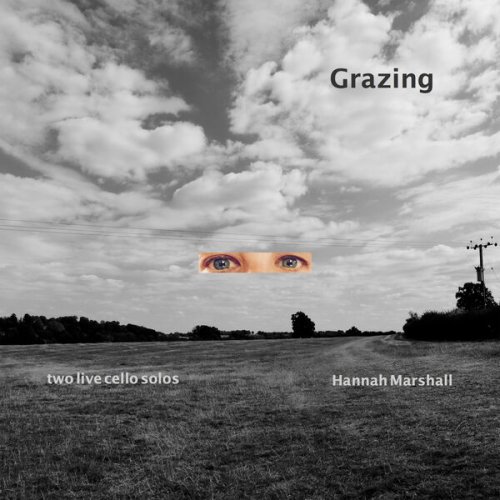
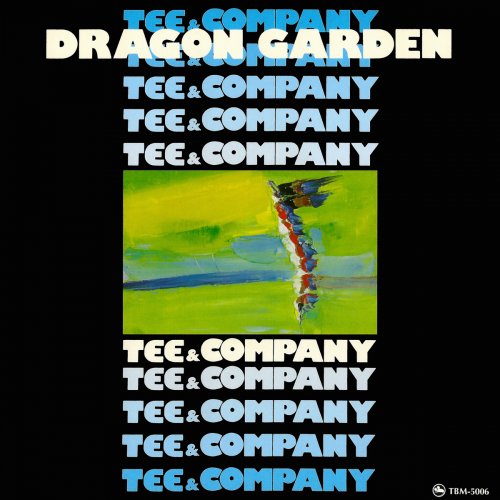
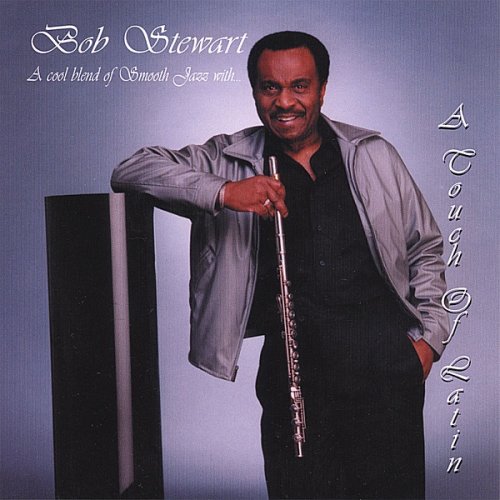
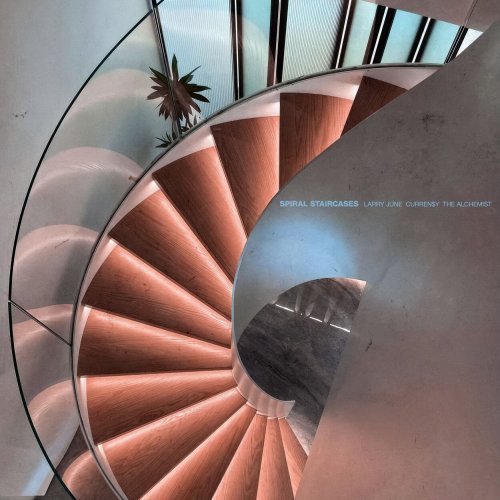
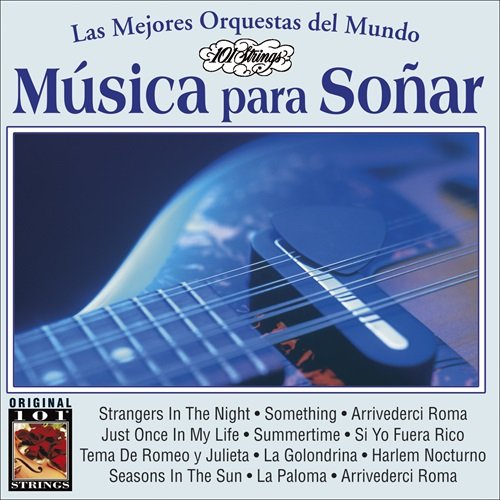
![Greg Foat & Sokratis Votskos with The Giorgos Pappas Trio - Impressions of Samos (2026) [Hi-Res] Greg Foat & Sokratis Votskos with The Giorgos Pappas Trio - Impressions of Samos (2026) [Hi-Res]](https://www.dibpic.com/uploads/posts/2026-02/1771506483_sa4kxxin052ht_600.jpg)
